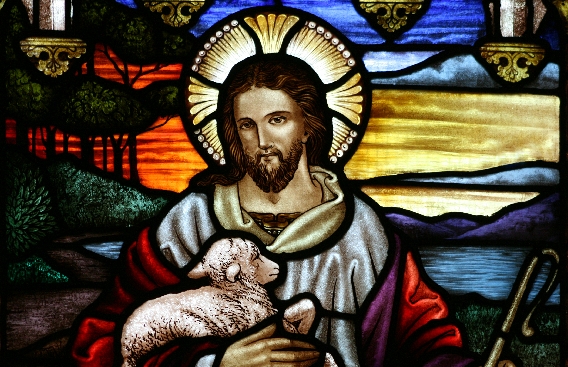Based on the reading for Saturday 4th November 2023 – Memorial of Saint Charles Borromeo: Romans 12:3-13:2; John 10:11-16.)
A couple of years ago a surprise bestseller in England was the story of a shepherd and his family. Set in the Lake District one of the memorable lines was a comment or complaint by one of the shepherd’s daughters – ‘The problem with you, Dad, is that it’s all about the sheep’.
Shepherd is a major symbol in the scriptures, seeing God as the shepherd of his flock. Psalm 23 epitomises this with its opening line – ‘The Lord is my shepherd’ – which is often sung in religious services. John Paul II picked the image to indicate and indeed identify the ministerial priesthood in his document on its formation – Pastores dabo vobis – ‘I will give you shepherds after my own heart’ – taken from the Prophet Jeremiah. The verse continues – ‘who will feed you with knowledge and understanding’. While a philosopher Pope would be expected to indicate the importance of intellectual formation, he insisted on its ‘pastoral character’:
The whole formation imparted to candidates for the priesthood aims at preparing them to enter into communion with the charity of Christ the good shepherd. Hence their formation in its different aspects must have a fundamentally pastoral character. (par. 57)
This fundamental principle applies to formation for all forms of ministry in the church.
Jesus makes major use of the symbol of shepherd in his ministry. Matthew recounts how ‘when he saw the crowds, he had compassion for them, because they were harassed and helpless, like sheep without a shepherd’ (9:36) while Luke relates the parable of the lost sheep – the one lost out of 100 that the shepherd leaves ‘the ninety-nine in the wilderness’ to seek out and save (15:3-7). While this frustrates the figures of economics, it has the feel of the ‘smell of the sheep’ that Pope Francis proposes as a basic pastoral principle for mission and ministry, met and mediated through genuine encounter with people. Today’s Gospel goes beyond the risk of leaving the ninety-nine and refers to the shepherd himself. Here, in the Gospel of John, Jesus presents himself twice as ‘the good shepherd’, who will sacrifice himself for the sake of the flock entrusted to him. This self-sacrifice of Jesus is the supreme standard, the state of self-emptying of himself to death, death on the cross because what is at stake is salvation of others. Indeed, in the end evangelisation is all about the sheep!
Fr Kevin O’Gorman, SMA

